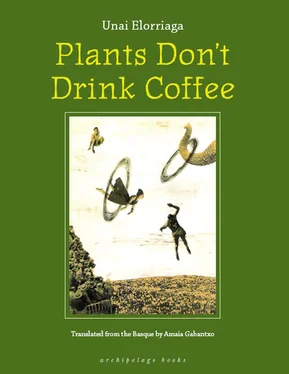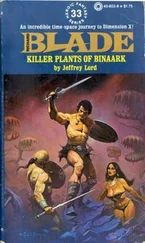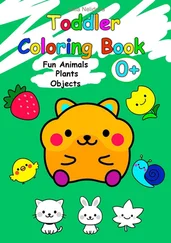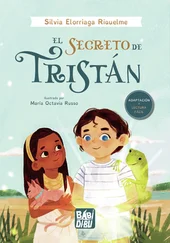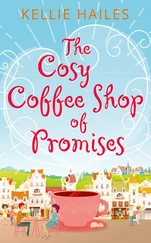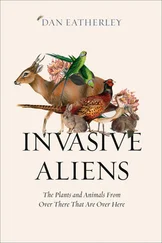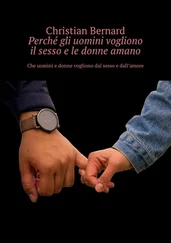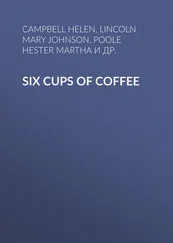Iñes talks to me a lot too, and she tells me stories about insects most of all. And for me Iñes is a television, and the stories she tells are movies.
Yesterday she told me a story about butterflies. She said once some butterflies flew from Canada to Australia. “Some butterflies” means two million or three million butterflies. And there is an ocean between Canada and Australia, and you have to cross it to get to Australia, and that’s a big adventure for a butterfly.
And she said they arrived in Australia at night. And butterflies don’t like nighttime so much. Butterflies much prefer daytime, and light, especially. And they saw a big light at one end of Australia. And that light came from an athletics stadium with the stadium lights on. And it was during the Olympics, and all the lights were on, because of the Olympics. And the butterflies flew towards the lights, but these lights are like fire. And the butterflies started to burn, the tips of their wings and the tips of their antennae burned. Iñes told me this, and then she told me that after being burned the butterflies were half asleep. The way they get when they go into our glass jars. And when they fall asleep butterflies can’t fly, so they started falling into the athletics stadium. And there were two or three million butterflies. Iñes said it started to rain on the athletics stadium, but it rained butterflies, not water. And they stopped the Olympics, because there were two or three million butterflies on the ground and they couldn’t very well run on them or do any sports on them. And they spent an hour picking butterflies up. And then the Olympics started again.
And Iñes said not all the butterflies flew toward the lights. She said some butterflies flew towards people, and there were maybe one hundred or two hundred butterflies on the head and all over the body of a child who was watching the Olympics, and the child was very happy, but his mother wasn’t. His mother was frightened and started to scream and the butterflies flew away from the child immediately, because butterflies like light but they don’t like screaming.
And these are the kinds of things Iñes tells me, most of all about insects. And things like these for me are like movies, or better than movies, and for me Iñes is a television. That’s why I never tell her that she talks too much. Uncle Simon too, he never tells her she talks too much. Because Uncle Simon also talks a lot. And sometimes he has to drink a little water to be able to go on talking. Uncle Simon is Iñes’ uncle and also my uncle. But he is Iñes’ uncle more, because he lives in their house.
I don’t know what happened in the end with the butterflies and the Olympics. I think they picked the butterflies up off the ground and brought them to an Australian forest, so they could rest there before flying back to Canada. Because insects do that: first they go someplace, but then they come right back where they were before. Just like birds.
Iñes is never sick. Not even when she has a cough. When she has a cough she gets out of bed all the same and does the dishes and gets the bread. Her cough can be as loud as a truck and she still won’t stay in bed. That’s what Uncle Abel says: This girl’s cough is as loud as a truck. But Iñes won’t stay in bed.
My cousin Mateo has a pair of binoculars, fat ones, and 107 books in his room. Fat binoculars are better than thin ones. They say so at school. Mateo says you can see a mosquito on a blade of grass in the soccer stadium from the balcony at home. But when I go out with Iñes we don’t catch mosquitoes because they are not as spectacular as beetles or dragonflies and can look a bit sad on the corkboards. Iñes says so. Mateo has 107 books in his room, some are on the floor and others aren’t. I often go to count Mateo’s books in his room. And there are 107.
Aunt Martina’s soup is much better than the soup at home. Because the noodles are fatter, like the binoculars. Uncle Abel likes Aunt Martina’s soup a lot too. And Uncle Simon, too. My cousin Mateo prefers the bean stew. Iñes, the bean stew and the salads. We all drink café con leche. My cousin Mateo too.
It’s summer now and the elastic of my pajama pants is broken. Aunt Martina told me she would sew a new one on, but she still hasn’t. It’s summer now, until September.
“Do you have a watch on you, Gur?” asked Simon.
“No,” said Gur.
“And what time is it?”
“11:17, PM.”
“And to think that some people want to go to the moon,” Simon.
“. .” Gur.
“. .” Simon.
“Can you cook on the moon, Simon?”
Simon had a ladder under one arm. And carried two plastic bags in his hand. Gur’s hands were in his pockets, and he wore blue canvas pants. He had a beard. Gur and Simon were entering a pine forest. The night made the pine trees black.
“You know I don’t have an ID card, Simon?”
“What ID card?”
“ The ID card. The one everyone has.”
“That’s impossible, Gur; everybody has an ID card.”
“Not me. And I’m not on the registry either. My birth is not documented in the civil registry. Go and ask. I was never born. I must be the only person on the planet who hasn’t been born.”
Gur and Simon came to a stone wall. Amidst the pine trees. Simon put the ladder against the wall and handed the plastic bags to Gur. Then he climbed the steps to reach the top of the wall, and stood there. Then Gur started climbing the ladder, but after the third rung he passed the plastic bags back to Simon and jumped down again. He said he didn’t need the ladder to climb the wall. But after climbing for a while he ran out of handholds for his fingers. Without the means to go either up or down, Gur had to jump down again. The wall wasn’t easy to climb. Gur’s fingers were swollen.
In the end he had to use the ladder. By then Simon was sitting atop the wall, waiting for Gur, happy. Simon was happy because he had known Gur since they were kids. And now Gur had a beard and wore blue canvas pants and was forty-two years old. And he had to use the ladder, in the end.
When Gur reached the top of the wall they swung the ladder to the other side and climbed down to the golf course. They were still surrounded by pine trees, but now they were on the golf course grounds. There were only a few scattered pine trees, and in fifteen steps they were out of the forest and on the fairway. The grass was very very short, and gray at eleven thirty at night.
“Now we must find the right spot,” Simon said.
They saw a small flag at the top of a skeletal pole. “Twelfth hole,” it said. In English, of course.
Then Gur took an olive from his pocket. It was a very dry olive. He put it in his mouth and stepped three meters or so away from the flag. When he had eaten all of the olive flesh he took the pit in his hand. Then he bent down and placed it on his right shoe, on top of the laces. Simon was by the flag and the hole, watching Gur happily. Then Gur made a funny motion with his foot and the olive pit flew toward the twelfth hole. Because Gur’s intention was precisely that: to get the olive pit into the twelfth hole of the golf course.
“Did it go in, Simon?” asked Gur, looking at the hole three meters away from him in the dark.
“No.”
“How close was it?”
“Around thirty centimeters, I guess.”
Then, still standing on the same spot, Gur took a walnut from his pocket. This time, however, he put the walnut on the ground, not on his shoe, and using his right foot as a golf club, hit the walnut in the direction of the twelfth hole. The walnut knocked against Simon’s shoe and went into the hole. Simon’s shoe helped a bit. A lot.
“Did it go in, Simon?”
“Yes.”
Читать дальше
